Pantene – Going Beyond the Category
Pantene had been the shampoo value share category leader, but it was losing share and market leadership to Unilever Sedal. Our hypothesis was that the brand had a value issue perception just like it did in Venezuela at the same time. But in the case of Colombia, brand equity data revealed another issue, consumers claimed “Pantene is not close to me”. The brand had launched several product innovations aimed at increasing performance perception. However, none of these efforts seemed to make much difference in results.
Pantene desired mission and brand equity was to deliver a hair “so healthy it shines”. All product innovation done focused on delivering superior shine vs. relevant competition. Even the Pantene fragrance was designed to convey the smell of shiny healthy hair. The brand desired equity had started to weaken vs other competitive products in the Colombia market.
Action 1
Given recent successful results in Venezuela of ensuring a certain price point, we decided to follow the same approach right away. A price reduction was taken and a TV commercial to announce was developed and aired.
Results: Consumers did not switch to Pantene and value share as well as profits negatively impacted.
Action 2
In-depth consumer understanding. Going beyond the category.
· In-home visits full day – including time/day consumers washed their hair.
· Shop along with consumers
· Questioning, observing, going beyond the category.
· Brand equity data and Scan data
· Connecting with government agencies, philanthropists, woman owned businesses and global NGO’s.
What did we learn:
· We started the research knowing that Pantene’s most important desired equity is Shine: Healthy hair that shines.
· So, we asked: What makes women lose their shine? The most common answer we received; she loses her shine when she loses her self-esteem. What makes her lose self-esteem/shine? A clear one is: Domestic violence.
· Data revealed:
o In Latin America, 1 out of 4 have faced domestic violence, particularly among low-income consumers.
o In Colombia 1 out of 3.
o Domestic violence affects self-esteem, integrity, and dignity.
What was the underlying issue:
· Low-income women are, for the most part stay at home moms. While they work very hard to keep family/home in shape, they do not bring income to the household. They feel the lack of financial contribution to the household income makes them vulnerable. And when domestic violence happens, they feel they have no way out.
· On the contrary, low-income women claimed if they were to help the housed income, the whole family would see them differently and be able to stand up for themselves. Shine!
· Many have the dream of a small enterprise to use their skills (sewing, crafts, cooking) but don’t have the resources to expand their small enterprises. They dream of it.
· The government had launched a national program (Banca de Oportunidades or Bank of opportunities) aimed at enrolling low-income people into banking to eliminate the high daily interest low-income people usually pay in their communities to profiteers. As part of this government new program, a law came into effect that required all banks to have a percentage of their loans in microcredits to reach low-income population.
· The issue banks were experiencing was how to get people to go to the banks. There was consumers apprehension. They were afraid.
· We knew that one of P&Gs strength is reach and communication. How to bring all this together?
How did we use the insights?
Created partnerships with:
a. Government Secretary of equity – who had as a goal to eradicate Domestic violence.
b. Government Banking Program. Goal to grant micro credits to low-income people and get them in the banking system (Banca de Oportunidades)
c. TV channels, Key influencers including First Lady and woman owned businesses.
Developed concept:
Domestic violence is a hidden social issue. Domestic violence affects women’s dignity and shine. Pantene has partnered with the secretary of equity and the government banking initiative to help provide micro credits to woman allowing them to gain financial independence, increasing their self-esteem and ultimately shine.
Execution:
1. Developed TV advertising.
2. Micro Credits events around the country. Every Wednesday in a town/small city, a Pantene micro credits event took place. The program was introduced by the secretary of equity, followed by Pantene and the head of micro credits program. Women with a micro enterprise were invited to apply right there for a micro-credit (with only their ID). These micro credits ranged from $50-100 each with low interest to be paid back in a few months. Each bank would be represented at the event and would sign off the microcredits. On- time payback was above national averages. Events gathered as many as 5000 women.
Results
Success! In only 4 months Pantene Equity Scan showed ownership of the following attributes:
o This brand makes me feel secure.
o I trust this brand. This was important to achieve as we know “Trust” in a brand correlate to sales growth.
o This brand helps women move forward/progress.
o This brand cares for society.
This program was followed by a product innovation. Together (product innovation and Pantene Pro-Mujer initiative) allowed the brand to start growing market share again.
Tictactoeinnovation.com
info@tictactoeinnovation.com
diana.escoda@tictactoeinnovation.com
